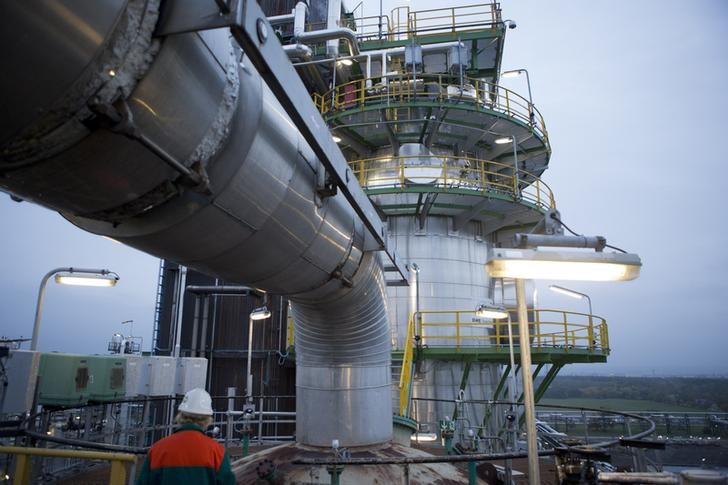Michigan survey ahead; Applied Digital surges; gold dips - what’s moving markets
OTTAWA (Reuters) - Canada's annual inflation rate dropped more than expected in June to 2.8%, a 27-month low, though food prices remain elevated, Statistics Canada data showed on Tuesday.
Analysts polled by Reuters had forecast inflation to drop to 3.0% from 3.4% in May. Month-over-month, the consumer price index was up 0.1%, also lower than forecast of a 0.3% gain.
June's reading, which benefited from a comparison to the four-decade high inflation last June, means the annual rate is within the Bank of Canada's 1% to 3% control range for the first time since March 2021.
The price of gasoline, which led the slowdown, fell 21.6% compared with June 2022 when China, the largest importer of crude oil, eased some COVID-19 public health restrictions that contributed to higher global demand.
Grocery prices rose 9.1% year-over-year in June, a tick higher than the increase recorded in May. Prices of food from restaurants slowed slightly in June than in May.
Excluding food and energy, prices rose 3.5% compared with a 4.0% rise in May.
The central bank, citing excess demand, said last week that it expects inflation to remain around 3% over the next year before dropping to the bank's 2% target by mid-2025, six months later than previously anticipated.
The bank has raised rates to a 22-year high of 5.0% and said it could raise rates further if fresh data shows inflation is stalling above that target.
The average of two of the Bank of Canada's (BoC) core measures of underlying inflation, CPI-median and CPI-trim, came in at 3.8% compared with 3.9% in May.
